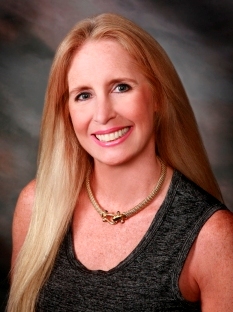
The Most Common FAQs About Reverse Mortgages

A reverse mortgage, officially labeled as a Home Equity Conversion Mortgage, or an FHA HECM, is a bit counterintuitive at first glance. Contrary to a standard or “forward” mortgage, a reverse mortgage pays the homeowners instead. It has shown to be an excellent option for homeowners who may be “house rich,” but perhaps, “cash poor,” or for those who would like to supplement their income in their retirement years. There are also no monthly payments required with a reverse mortgage.
Here are some of the more common questions asked about a reverse mortgage.
How much can I qualify for? That’s a moving target because the amount of available funds is based upon different factors such as the current appraised value of the property and the age of the youngest borrower occupying the property. A loan-to-value of 60% is common.
Does the lender take ownership of the property? No, title remains in your name with a reverse mortgage. The main difference with a reverse mortgage is that interest is accrued and no payments are made while living in the property. Ownership does not change.
When do I pay off the reverse mortgage? The reverse mortgage is paid off when the last borrower on the application no longer occupies the property.
What about my mortgage that I have now? With a reverse mortgage, proceeds from the new loan will go toward paying any outstanding mortgages with the remaining balance made available to you.
How do I get my funds? A reverse mortgage is paid out in one lump sum, in monthly payments, in a line of credit, or a combination of any of these options.
Is this considered income and do I have to pay taxes on it? Reverse mortgage proceeds are typically not considered earned income and therefore not taxable. For tax questions, refer to your CPA or tax advisor.
What happens if the amounts paid to me at some point exceed the value of the property? Because the loan is an FHA product, the loan is insured by HUD. You, or your heirs, will never be required to pay more than what the property is worth at time of sale.
Have mortgage questions? NJ Lenders offers a wide variety of mortgage options for borrowers, including both jumbo and conforming loans. Please contact us if you’d like to receive a mortgage quote, or if you have financing-related questions.